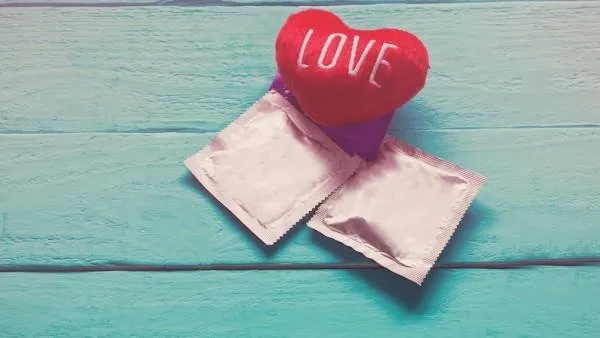Are you a virgin? If you are, hope you stay so until marriage. If you aren't and you aren't married, wish you would pause until after marriage. Condom manufacturers want you to believe that condoms are 99% safe. That might sound pretty solid, but are you aware that if 100 people use it with you included and yours happen to break, it has failed you 100%, and not 1% or even 99%.

Photo Credit
Condoms have holes in them that enable them to stretch when pulled on and unfortunately, the holes are bigger than the size of HIV. What this means is, it's pretty easy for the HIV virus to pass through a condom. You will say condoms are water proof. Well, your skin is water proof but you still sweat. A lot have argued that condoms do not have holes, but 10-15% of women can still get pregnant whiles using a condom and even with perfect use where there's no break or tear, there is a chance that 2 or 3 women would get pregnant. Sperms are much bigger than HIV virus, so just imagine.
Human errors contribute to condoms not being unsafe. Rings and fingernails could make condoms leak. 13% of condoms break during sex and they slip off or down the penis 21% of the time. A lot of people don't use condoms well enough and hence, you can't trust that you are fully protected. In the heat of the moment when a girl has agreed to sleep with them, most guys don't want to waste time whiles wearing a condom and risk STIs and/or pregnancy.
Most guys carry condoms in their wallets. Studies show that heat causes latex to break down, reducing it's efficacy. A lot of condoms in our pharmacies were probably transported in tracks that didn't have a cooling system and not safe. All these condoms have suffered from heat, so might not meet the standard they left the companies with. When you sleep with someone, you have equally slept with anyone they've also slept with so choose wisely. Condoms are great, but to abstain is the best.
